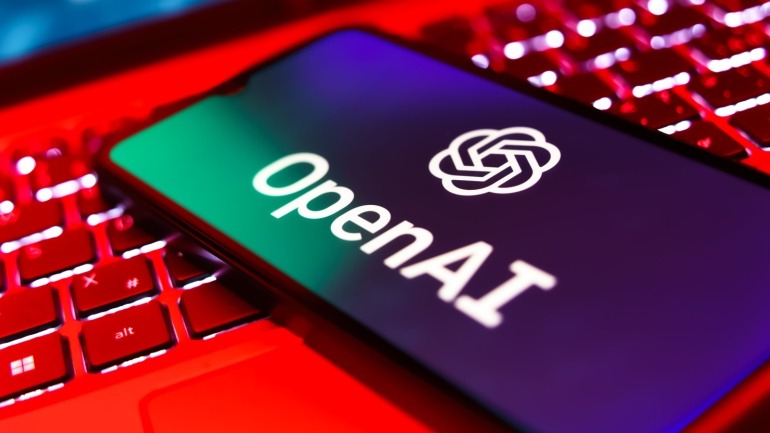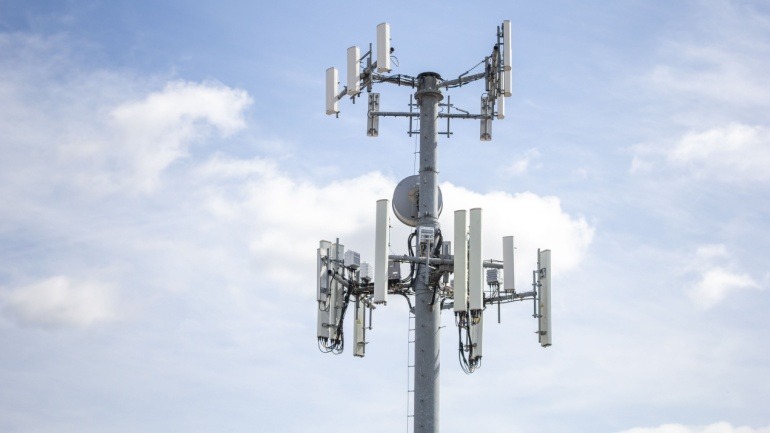Intel is navigating challenges in the AI infrastructure space, particularly in AI datacenters. The company has shifted focus from its Falcon Shores AI accelerator to Jaguar Shores, set for a 2026 release.
Boldyn Networks has secured a $1.2 billion debt facility to expand its services for enterprise growth. This significant investment reinforces Boldyn’s commitment to enhancing private 5G networks across North America.
Japan’s SoftBank and OpenAI are negotiating a major deal that could position SoftBank as the largest shareholder of the ChatGPT creator, surpassing Microsoft’s current stake. With a potential $15-25 billion investment, SoftBank aims to strengthen its foothold in the AI market.
Apple is reportedly testing direct satellite connectivity for iPhones in partnership with Starlink and T-Mobile. This initiative, enabled by iOS 18.3, allows select T-Mobile users to text via satellite in areas without cellular coverage.
SailGP and Ericsson’s partnership marks a transformative era in competitive sailing by leveraging private 5G technology. The deployment of Ericsson’s network and edge routers enables unprecedented data collection during races, enhancing both fairness and excitement.
Rakuten Mobile launches “Rakuten AI for Business,” a Generative AI solution designed for Japanese corporate environments, enhancing tasks like document creation and translation with ease. Featuring robust language processing and seamless web browser access, it’s both efficient and affordable.
Vodafone Spain is deploying a private 5G network at Geoalcali’s Navarra mine to enhance safety and efficiency. Integrating 4G for equipment connectivity, it enables real-time data access, remote machinery control, and automation.
Comcast is revolutionizing internet speed with its low-latency DOCSIS network, powered by IETF’s L4S standards. Promising lag times “faster than the blink of an eye,” this innovation enhances experiences for FaceTime, gaming, and mixed reality
Oracle and Starlink have partnered to enhance Oracle’s Enterprise Communications Platform with high-speed satellite connectivity. This integration enables secure, real-time data flow for industries like healthcare and construction, even in remote areas.
SoftBank has partnered with Quantinuum, a quantum computing leader, to advance AI through hybrid quantum computing, integrating Central, Graphics, and Quantum Processing Units. This collaboration addresses challenges in offering quantum computing services, aiming to innovate solutions beyond current technologies.













